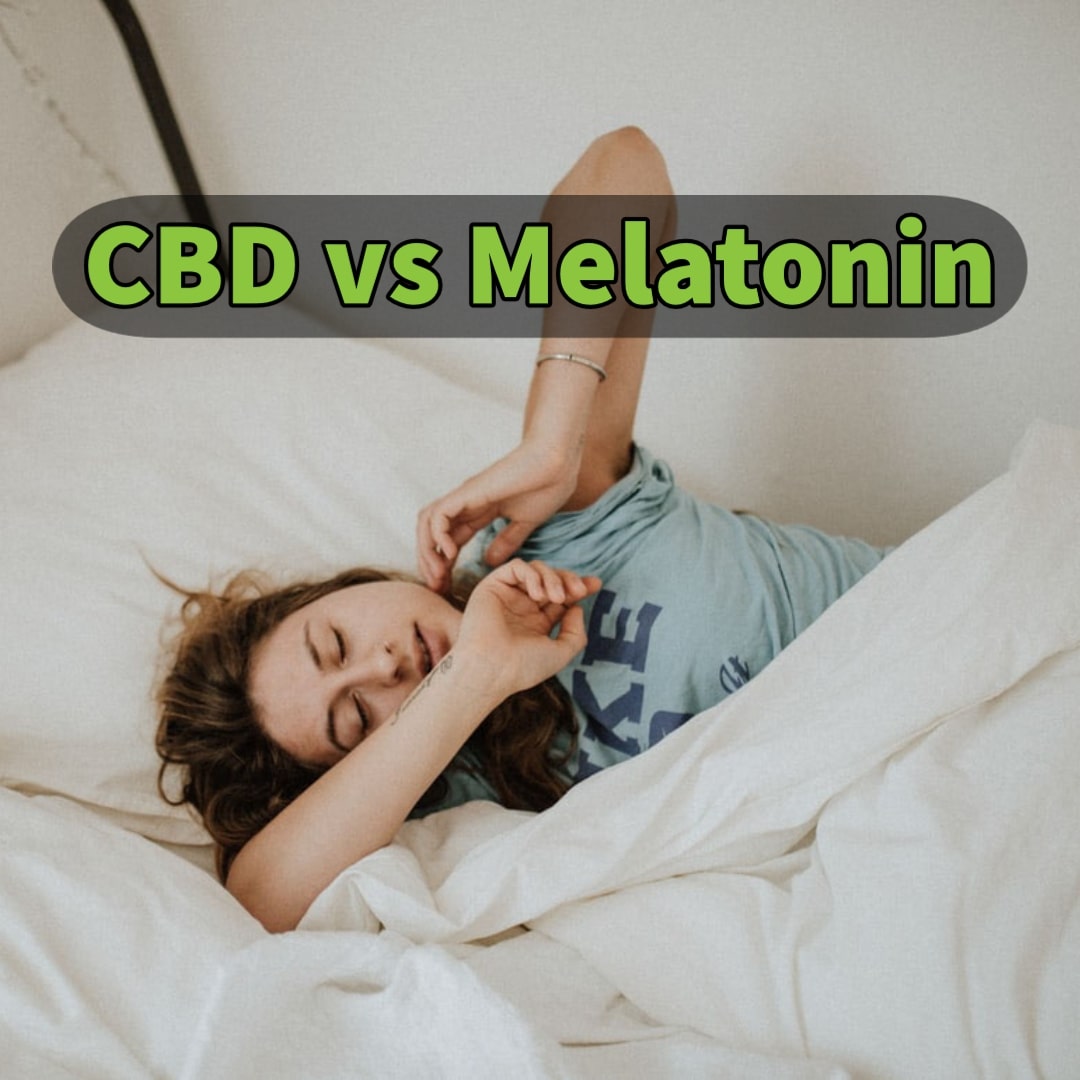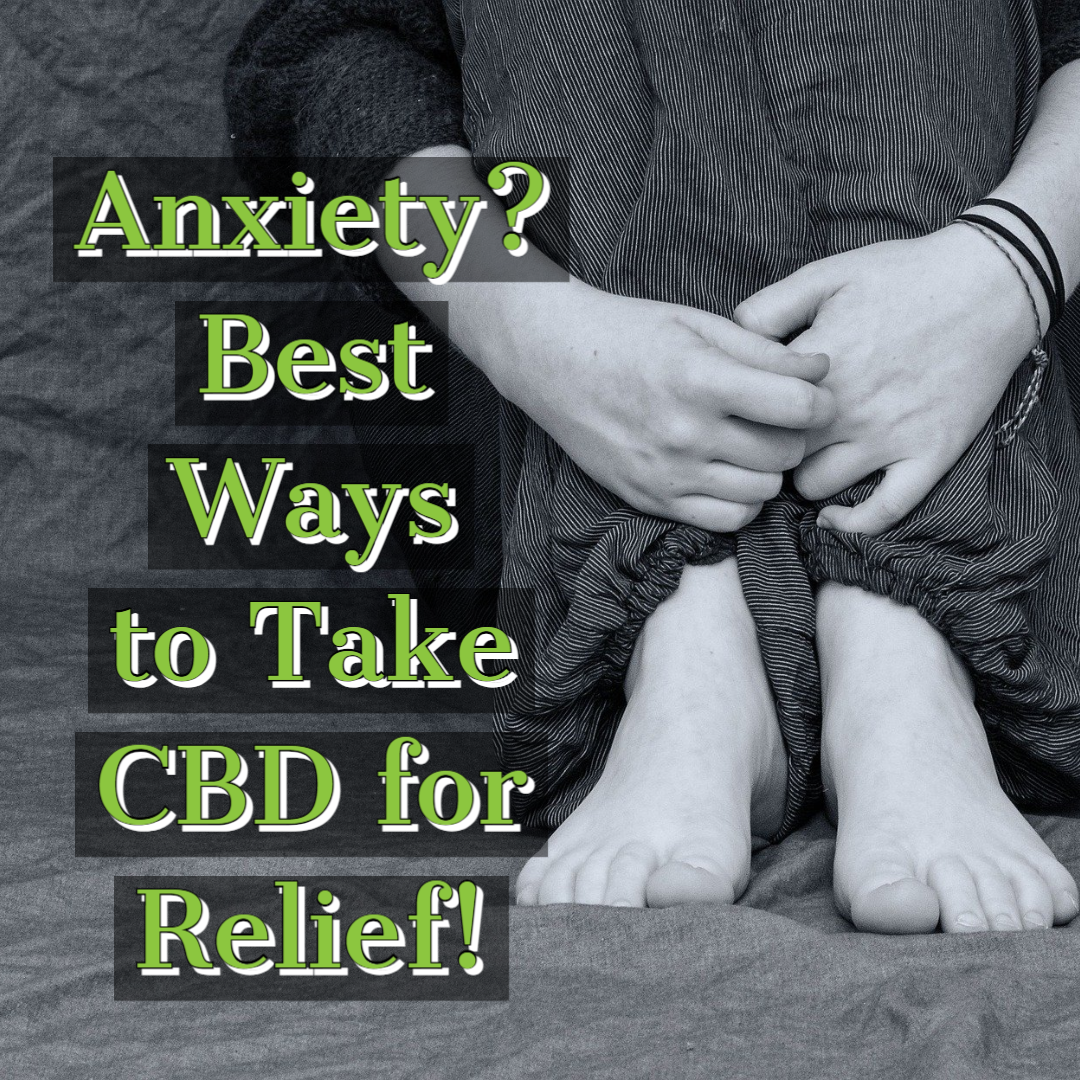The National Institutes of Health estimates that roughly 30 percent of the general population suffers from sleep disruption, and approximately 10 percent have associated symptoms of daytime functional impairment consistent with the diagnosis of insomnia.
Insomnia is a sleep disorder that consists of persistent problems falling and staying asleep.Most cases of insomnia are related to poor sleep habits, depression, anxiety, lack of exercise, chronic illness, or prescribed medications. Insomnia is characterized by difficulty falling or staying asleep and not feeling well-rested. Treatment for insomnia consists of improving sleep habits, behavior therapy, identifying and treating underlying causes, prescribed medications, and sleep aid supplements.
Melatonin is one of the most popular supplements for sleep and typically comes in pill form. Melatonin is the sleep hormone produced by the brain in response to the dark. When the sun begins to set, the body clock tells the brain it is time to produce melatonin, the hormone that helps us relax, makes us feel drowsy and ultimately gets us to sleep. Melatonin is hindered by bright lights and triggered by darkness. That is the reason why sleeping in a dark room is the healthiest. Imbalances in the production of melatonin are often responsible for sleep disorders.
Two forms of melatonin exist in the general market. One is the natural form which comes from the pineal gland of animals. The other is a synthetic form following the same chemical pathway as natural melatonin. Synthetic melatonin is somewhat safer to use because it is free from biological contaminants. Natural sourced melatonin, on the other hand, may pose a risk to humans because it can be contaminated with animal diseases.
Melatonin also contains negative side effects which include headaches, dizziness, nausea, depression, tremors, anxiety, abdominal pain, irritability, confusion, and low blood pressure. Cannabidiol (CBD) is a non-psychoactive compound derived from the hemp plant known for its potential therapeutic effects.
Research shows that CBD may help alleviate insomnia without the negative side effects of prescribed medications or sleep aid supplements. CBD may affect sleep directly by interacting with receptors in the brain that govern the body’s daily sleep/wake cycles. CBD may also help alleviate insomnia by combating the causes of sleeplessness.
A common cause of insomnia is anxiety and stress. CBD helps regulate cortisol, a stress hormone, which has a significant impact on sleep cycles. Studies found that CBD is beneficial for anxiety-related disorders and an increase in sleep quality.
For those who struggle with sleeplessness due to chronic or acute pain, CBD offers a natural alternative to pharmaceutical pain relievers.
CBD helps reduce pain-induced sleeplessness by working on the symptoms themselves rather than providing a sedative effect like many sleep-aids.






Leave A Comment
You must be logged in to post a comment.